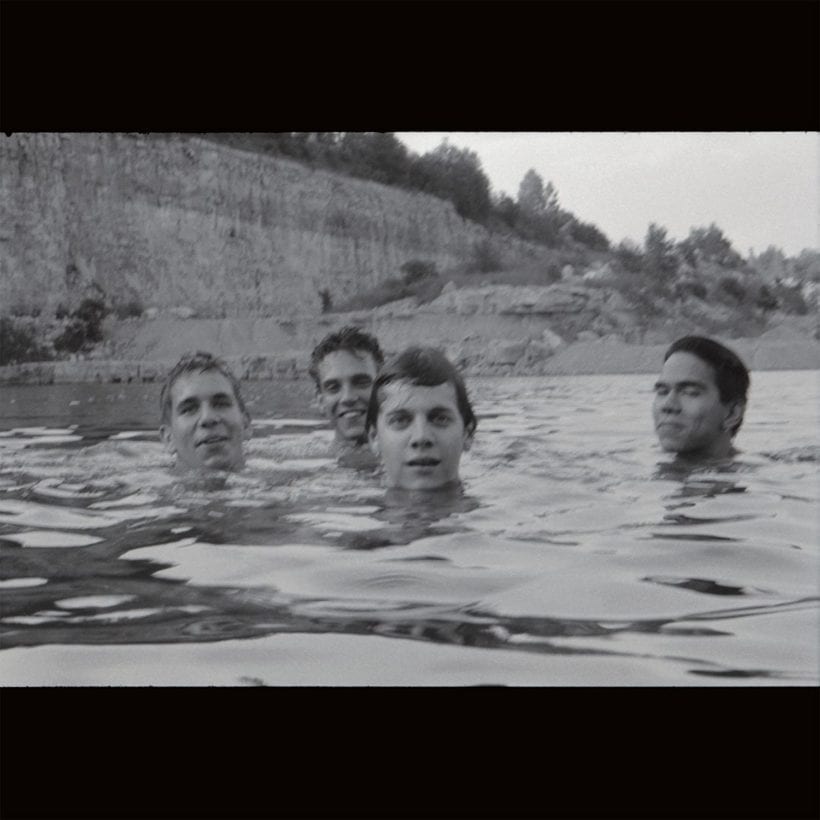
Don’t Be Afraid
By the time Spiderland was released in 1991, the college-aged members of Slint were practically grizzled veterans of a small, but concentrated Louisville, KY music scene that was about to hit critical mass. Drummer Britt Walford and guitarist Brian McMahan had both spent time, separately, playing in the Hüsker Dü-esque hardcore band Squirrel Bait. Walford and McMahan (later replaced by guitarist David Pajo) then formed an aggressive heavy metal act named Maurice that played with Samhain, before splitting into Slint and Kinghorse. Elements of hardcore and metal filtered into Slint’s music, but even by the 1989 debut Tweez, the band was vibrating on another frequency entirely.
The idea that Slint remain part of the cultural conversation is mind-blowing. Admittedly, Spiderland was a crucial linchpin in the genre that eventually became “post-rock,” and its loud-quiet-loud dynamism continues to reverberate in the work of bands like Mogwai, Explosions in the Sky and Godspeed You! Black Emperor. However, back in the early ’90s, the only guy who had any sense of the importance of what Slint had created was Steve Albini, who awarded Spiderland “ten fucking stars” in an eerily prescient review in Melody Maker, suggesting, “Play this record and kick yourself if you never got to see them live. In 10 years, you’ll lie like the cocksucker you are and say you did anyway.”
Spiderland is meticulously sequenced and, in any format, makes for a profoundly uncomfortable listening experience. Side A opens in a warm, triumphant fashion with the major chords of “Breadcrumb Trail,” segues into the album’s most straightforward “rock” song (“Nosferatu Man”) and closes with Walford’s 11th hour addition “Don, Aman.” Side B, by contrast, is all about abstraction: Slint keep things (relatively) loose on “Washer” and “For Dinner…,” then build towards a maximum crescendo on “Good Morning, Captain.” Everything about Spiderland—from McMahan’s plaintive vocals to the extremely iconic album art—still comes across as deeply shrouded in mystery.
According to bassist Todd Brashear, Spiderland only sold around 1,000 copies the year it was released. Before Slint reconvened in 2005 and 2007 for a series of reunion shows, the band had only performed in front of a live audience about 30 times. It’s a minor miracle that anyone heard it, but ardent fans held the album up as a talisman over the years, using it to contemplate the mysteries of the universe. There are only six songs here, but each is a fancifully wrapped treasure; together, they convey a palpable sense of dread over the death of adolescence. The band couldn’t survive that, but the bleak, singular, uncompromising vision of Spiderland has endured.
Need more Slint? To read the entire seven-page story, featuring interviews with all members on Spiderland, purchase the print issue from our store, or digitally via our app for iPhone/iPad or Android.




